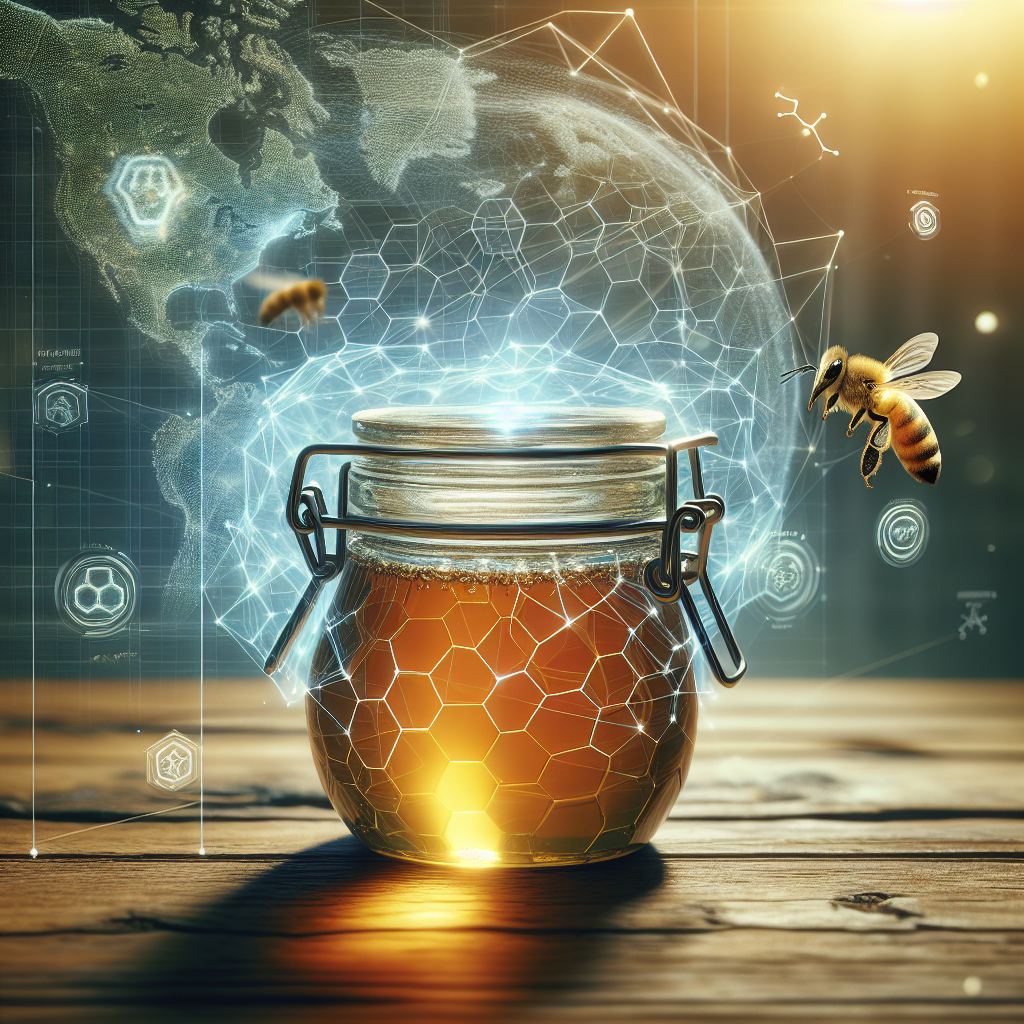AI Technology in Honey Fraud Detection

In today’s honey market, ensuring product authenticity is critical for consumer trust and the viability of local beekeeping industries. Recent advances at McGill University demonstrate how AI‑powered analysis of carbon isotope ratios can rapidly and accurately detect adulterated honey, presenting new opportunities for authentication services McGill UniversityMcGill University. Meanwhile, proposed amendments to Trinidad and Tobago’s Beekeeping Act have raised concerns among local producers by potentially easing imports of cheaper, adulterated honey . Established guidelines from the Food and Organization (FAO) outline best practices in apiary management and quality control that can help beekeepers meet both domestic regulatory requirements and international market standards
AI Technology in Honey Fraud Detection
McGill University researchers have developed a method that combines carbon isotope ratio mass spectrometry (C‑IRMS) with machine learning algorithms to authenticate honey origin and detect adulteration in under an hour, a significant improvement over traditional laboratory methods McGill University.
Their AI model was trained on a comprehensive dataset of pure and adulterated honey samples, achieving over 95% accuracy in distinguishing samples adulterated with sugar syrups from genuine honey McGill University.
This approach addresses limitations of conventional tests (e.g., Nuclear Magnetic Resonance), which, while powerful, can be cost‑prohibitive and lack standardized databases for legal enforcement WIRED.
By integrating AI with isotope analysis, environmental service providers can offer clients rapid, cost‑effective authenticity testing to safeguard local honey brands against fraud U.S. Food and Drug Administration.
Legislative Changes in Trinidad and Tobago
On March 28, 2024, The Trinidad Guardian reported that amendments to the Beekeeping Act are poised to relax restrictions on honey imports, a move that local beekeepers fear could flood the market with lower‑priced, adulterated products Home – Trinidad Guardian.
These amendments, recently tabled in Parliament, would shift the focus from stringent import controls to quality certifications, potentially disadvantaging small‑scale producers who lack access to advanced testing facilities Home – Trinidad Guardian.
Existing regulations under the Beekeeping and Bee Products Act of 1976 mandate controls on the import and export of bees and bee products but do not currently require isotope or AI‑based verification of honey purity agriculture.gov.tt.
Ecotox Environmental Services can assist clients in navigating these changes by advising on compliance strategies and by offering third‑party authentication services aligned with the evolving legislative frame
Best Practices and Quality Control
The FAO’s 2021 “Good Beekeeping Practices for Sustainable Apiculture” guidelines emphasize hive management, disease prevention, and post‑harvest handling to maintain honey quality and traceability FAOHome.
Key recommendations include implementing biosecurity measures to prevent pathogen spread, optimizing forage diversity to enhance honey composition, and ensuring hygienic honey extraction and storage to minimize contamination risks FAOHome.
Integrating C‑IRMS testing, as demonstrated by McGill researchers, with these FAO best practices creates a robust quality control protocol capable of meeting both local regulatory requirements and international export standards U.S. Food and Drug Administration.
These combined measures can help Trinidad and Tobago’s beekeepers produce honey that not only complies with upcoming legislative changes but also commands premium prices in export markets U.S. Food and Drug Administration.
Implications for the Regional Honey Industry
Economically motivated adulteration remains a global challenge: the U.S. FDA found that 10% of imported honey samples were violative for added sweeteners, underscoring the prevalence of fraud in the supply chain U.S. Food and Drug AdministrationU.S. Food and Drug Administration.
In recent years, Trinidad and Tobago’s small‑scale beekeepers have faced price undercutting from cheaper, often adulterated imports, driving some to abandon their hives WIRED.
Adopting AI‑driven testing and FAO best practices could reverse this trend by enabling local producers to differentiate their honey on authenticity and quality, reinforcing consumer confidence both domestically and abroad PMC.
Ecotox Environmental Services is uniquely positioned to offer comprehensive solutions—ranging from on‑site testing and quality audits to training in sustainable apiculture—thereby strengthening the resilience and profitability of the regional honey industry PMC.
Recommendations for Ecotox Environmental Services Clients
- Implement AI‑Enabled Authentication: Partner with laboratories equipped with C‑IRMS and machine learning tools to offer rapid honey authenticity testing packages.
- Prepare for Regulatory Shifts: Develop a compliance roadmap that aligns current operations with the amended Beekeeping Act, focusing on documentation, certification, and third‑party audits.
- Adopt FAO Best Practices: Facilitate workshops on hive biosecurity, forage management, and hygienic extraction techniques to enhance product quality from apiary to jar.
- Marketing and Traceability: Leverage authenticity guarantees in branding and labeling, using QR codes linked to test results to build consumer trust and command higher price points.
- Stakeholder Engagement: Collaborate with local beekeeping associations and the Ministry of Agriculture to advocate for support measures, such as subsidies for testing and equipment.
Conclusion
By integrating cutting‑edge AI technologies, adapting to evolving legislation, and adhering to international best practices, Trinidad and Tobago’s beekeepers can elevate their honey quality and secure a competitive edge in both domestic and export markets. Ecotox Environmental Services can lead this transformation—providing technical expertise, compliance guidance, and quality assurance solutions that empower local producers to thrive in an increasingly sophisticated honey industry

